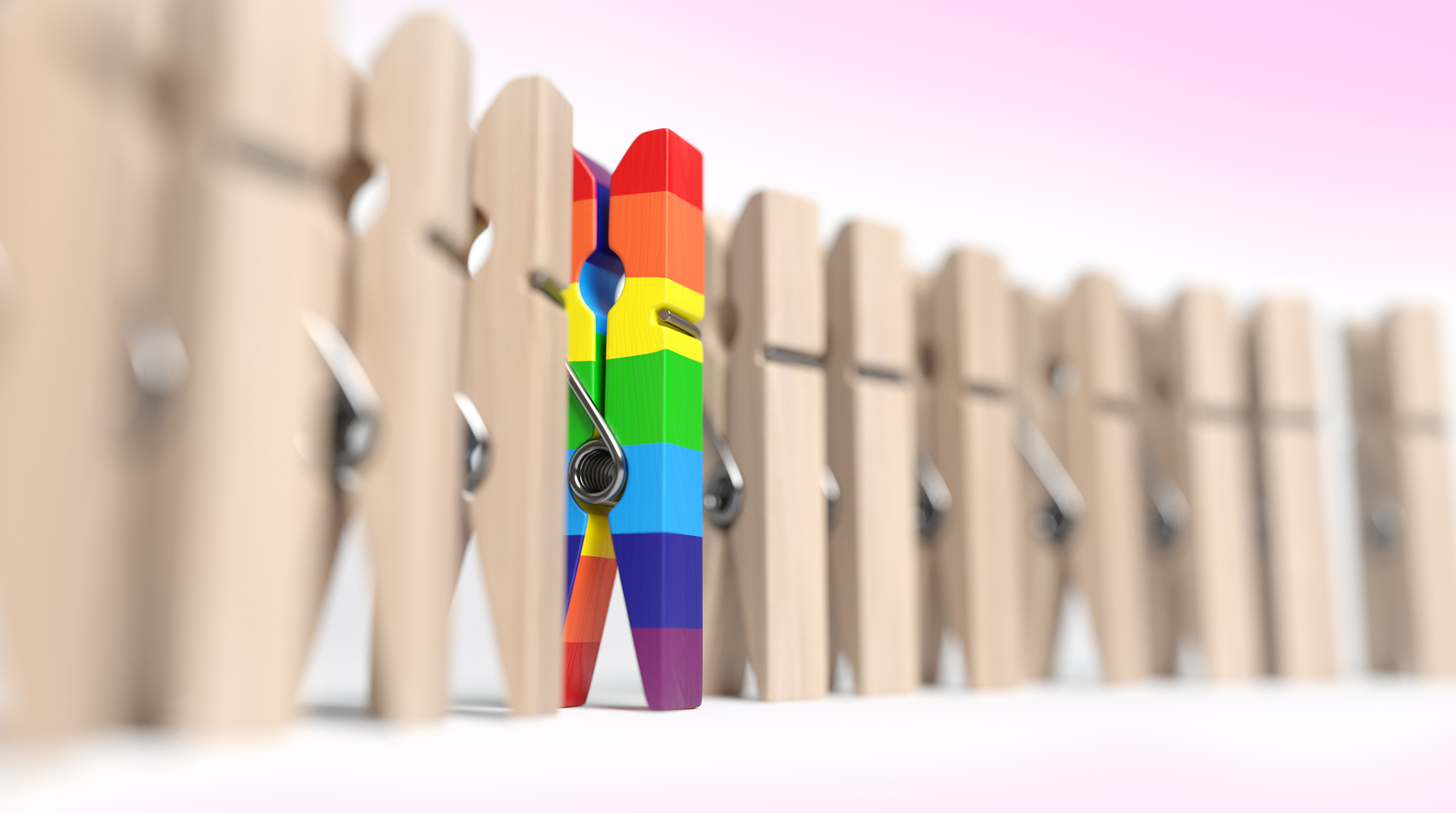
Is “being human” a function of how our brain responds to certain types of people? Is “dehumanization” towards others the reason why some leaders are not empathetic? How does the lack of empathy affect the bottom line? How many times do we miss opportunities due to the inability or the unwillingness to put ourselves in someone else’s shoes?
Experiments conducted by Amodio and Lieberman on prejudice and stereotyping show very interesting findings which any leader needs to know about. These findings immediately struck a chord within me as I usually experience prejudice because of my English expression which is tinted with a Spanish accent (kind of Penelope Cruz’ style). This is quite amazing considering that we live in such a globalised world and we are exposed to differences more than anytime in history.
In these experiments, they have studied how people respond to interactions with different types of people
Independently of the different emotional responses, fMRI technology has been able to measure the part of the brain that becomes more active in these interactions. This area is the medial prefrontal cortex, which coincidentally, is the same area that becomes engaged when we think of ourselves.
Thinking about ourselves and thinking about others seem to generate similar kind of activity hence it is possible that we have a better chance to be empathetic towards these groups.
There is a fourth group of people that when people interact with them, it activates the “insula” - an area of the brain in the limbic system associated with disgust. There are no signs of activity in the medial prefrontal cortex when these interactions occur.
The homeless, the poor and those from races which are the least popular or unaccepted, are the ones that produced this response in the studies conducted.
Scientists interpreted this lack of activity in the medial prefrontal cortex as a dehumanization of these groups. As a conclusion, people who are of low competence/low warmth (they are not liked by others) were not perceived as human beings but rather as inhuman objects at least in terms of social emotional processing in the brain. (Harris et al, 2006).
So, the question now is: If certain types of people produce disgust within us and we think of them in a totally different way to how we think about ourselves, what are the chances of us being empathetic towards them?
One of my reflections on this is that human beings will associate with those who will give something back to them in terms of raising their own status.
For example cheering for an athlete or being the friend of a wealthy/famous/intellectual person will activate the feeling of “self importance” as well as helping someone in need (disabled, older). In these cases, empathy may come easier.
With those groups that look different, sound different, are less intelligent or raise thoughts within us of… “They are not like me”, so why should I associate with them? It is very likely that we will see them as “so different” to us that we do not care, unless we are mindful enough that we over-ride this brain response. My guess is that we could actually choose to put the intention in place to be empathetic towards them.
An example of this is an incredible phenomenon that takes place in organizations with outsourcing services. External providers, in general, seem to be treated differently, just because they are not internal anymore.
Some are treated with envy (depending whether they charge a lot of money and companies agree to pay) and others are treated in a very dismissive way (probably with disgust) as if they were not part of the “inner circle”. This treatment can be very damaging to the individuals themselves and to the organizations that engage them as there is less “empathy” in the air.
A great leader is one who can manage these differences appropriately and is able to coach those responsible for engaging external parties in treating everyone fairly as if they belonged to the same family. This practice in itself would result in higher levels of empathy, engagement, better relationships and improved business outcomes.
These Stories on Leadership & Culture

Founder & CEO
About my Brain Institute
Scientist, educator, author, speaker, coach, award-winning leadership specialist, filmmaker and creator of the i4 Neuroleader Model & Methodology.
Silvia's scientific background and curiosity about the human brain led her to a decade long journey of research into optimal brain functioning and the application of neuroscience in leadership and daily life. Her past and current roles have uniquely prepared her for the current undertaking, that of leadership activist & change agent.
Silvia Damiano founded The About my Brain Institute in 2009, with the purpose of democratising leadership & neuroscience. She has a passionately held belief, that leaders in our 21st century global economy and their organisations must radically change long-held ideas of what constitutes effective leadership
In her ground-breaking books ‘Leadership is Upside Down’, ‘Brain-Friendly Leadership’ and the 2018 documentary ‘Make Me A Leader’, Silvia provides both compelling evidence and explores the importance of leadership in our personal and professional lives and what it takes to develop the human behind the leader.
Silvia has worked in different countries, across many industries, helping teams and organisations improve business performance. Silvia’s clients have described her as a passionate, dynamic, a highly experienced speaker and master facilitator on the topics of Emotional Intelligence, Cultural Change, Neuroleadership & Engagement.
Silvia is passionate about leaving a legacy of well-rounded leaders who can act and decide in a way that better serves humanity. Her clients include Microsoft, Australian Stock Exchange, NSW Government, VISA, Fuji Xerox and Manpower amongst many other global companies.
Monday to Friday
9:00am - 5:00pm (AEST)
Sydney, Australia
We reply within 48 hours!
General Business Enquiries:
hello@aboutmybrain.com
Technical Support:
support@aboutmybrain.com
No Comments Yet
Let us know what you think